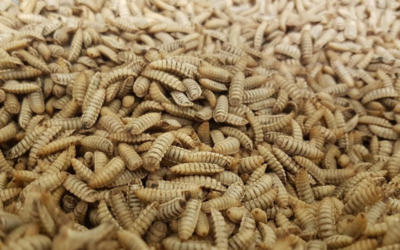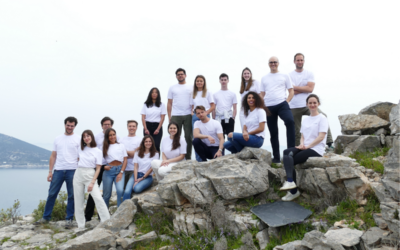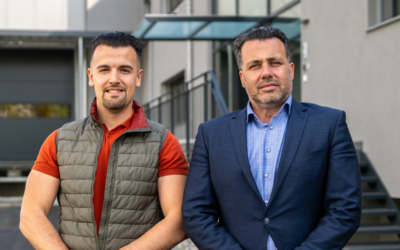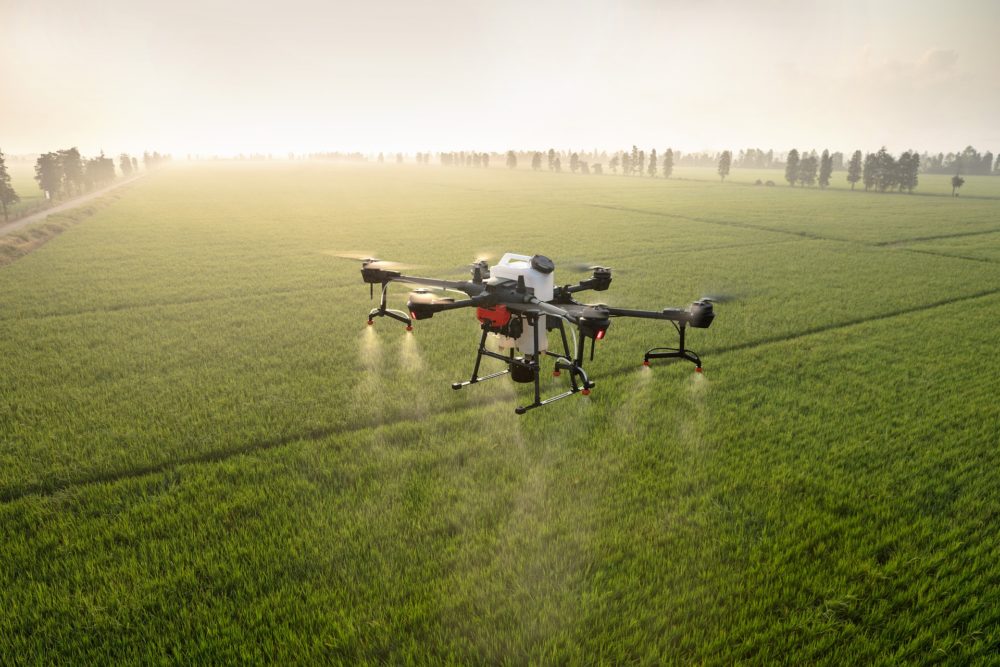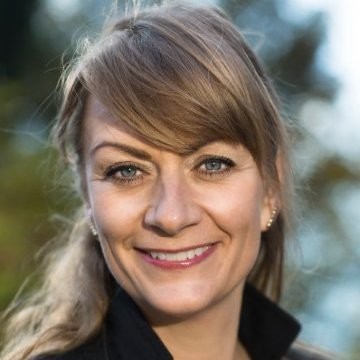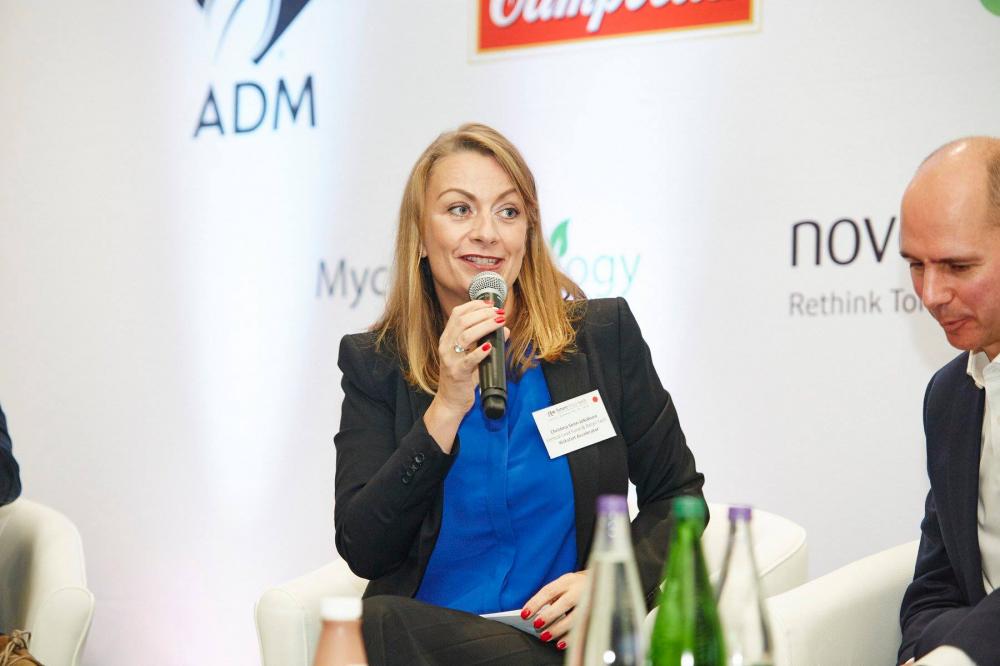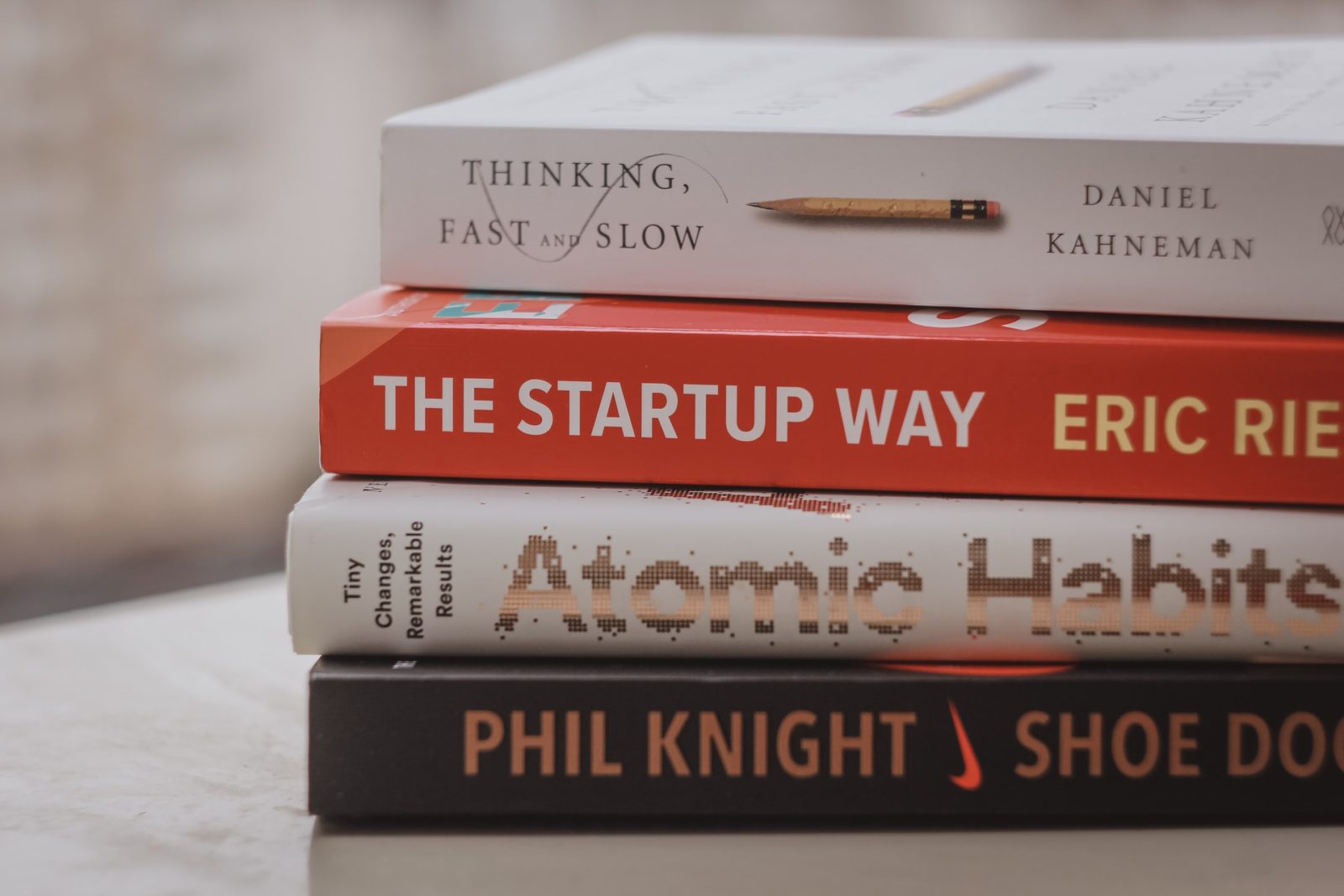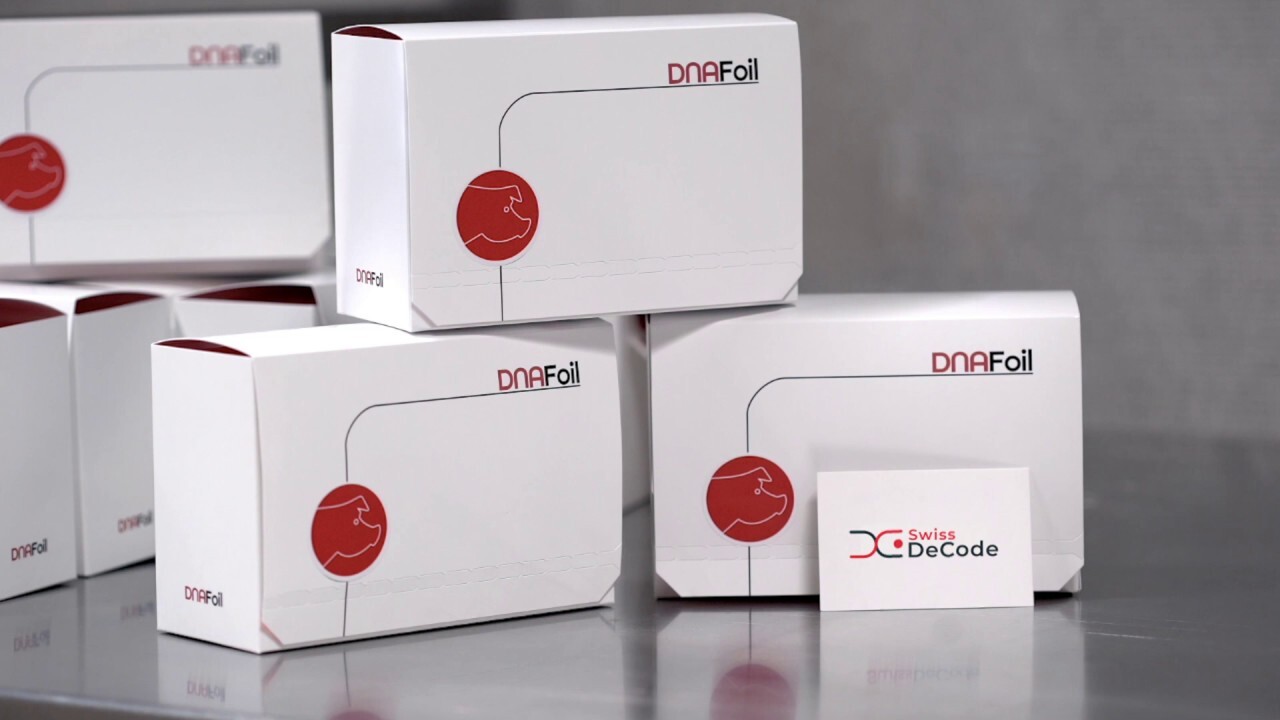SFNV member, Bühler Group, has...
Nestlé to Launch Vegan KitKat
Nestlé to Launch Vegan KitKat
As the vegan trend continues to grow, one of the world’s most popular chocolate bars will soon get a plant-based option.
Nestlé plans to make wishes come true with the launch of KitKat V later this year. It is a tasty plant-based option with the perfect balance of crispy wafer and smooth chocolate that people love. Chocolate experts developed this vegan version that will live up to the expectations of Kitkat fans.
Meanwhile, surveys continue to show that people are interested in exploring more plant-based options across different categories. Alexander von Maillot, Head of Confectionery at Nestlé, said, “There is a quiet food revolution that is changing how people eat. We want to be at the forefront of that, championing the discovery of plant-based food and beverages. What better way to do that than offering a vegan version of one of our most famous and much-loved brands?”
KitKat V is certified vegan, made from 100% sustainable cocoa sourced through the Nestlé Cocoa Plan in conjunction with the Rainforest Alliance. And it will be available later this year through the KitKat Chocolatory and selected retailers in several countries.
Latest News
Bühler opens Insect Technology Center to support customers in the feed and food industries
Planted doubles production volume to fuel their European expansion
SFNV member Planted has invested to...
How PowerAPI is making life easier for thousands of European restaurants and F&B companies
Valley member PowerAPI lets F&B...
Bossy Céréales SA opens new factory to meet growing demand for textured vegetable proteins
SFNV member, Bossy Céréales, has been...

